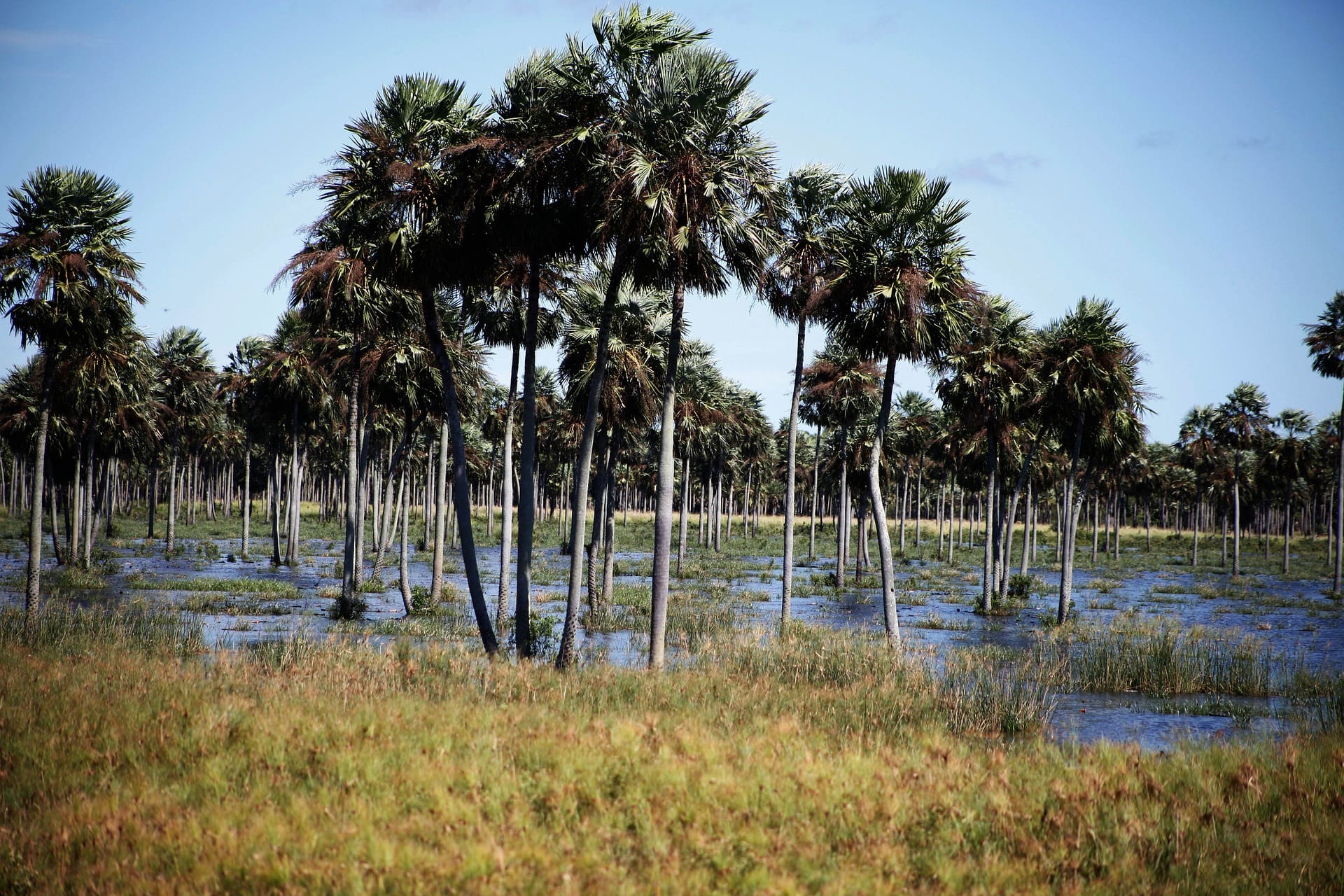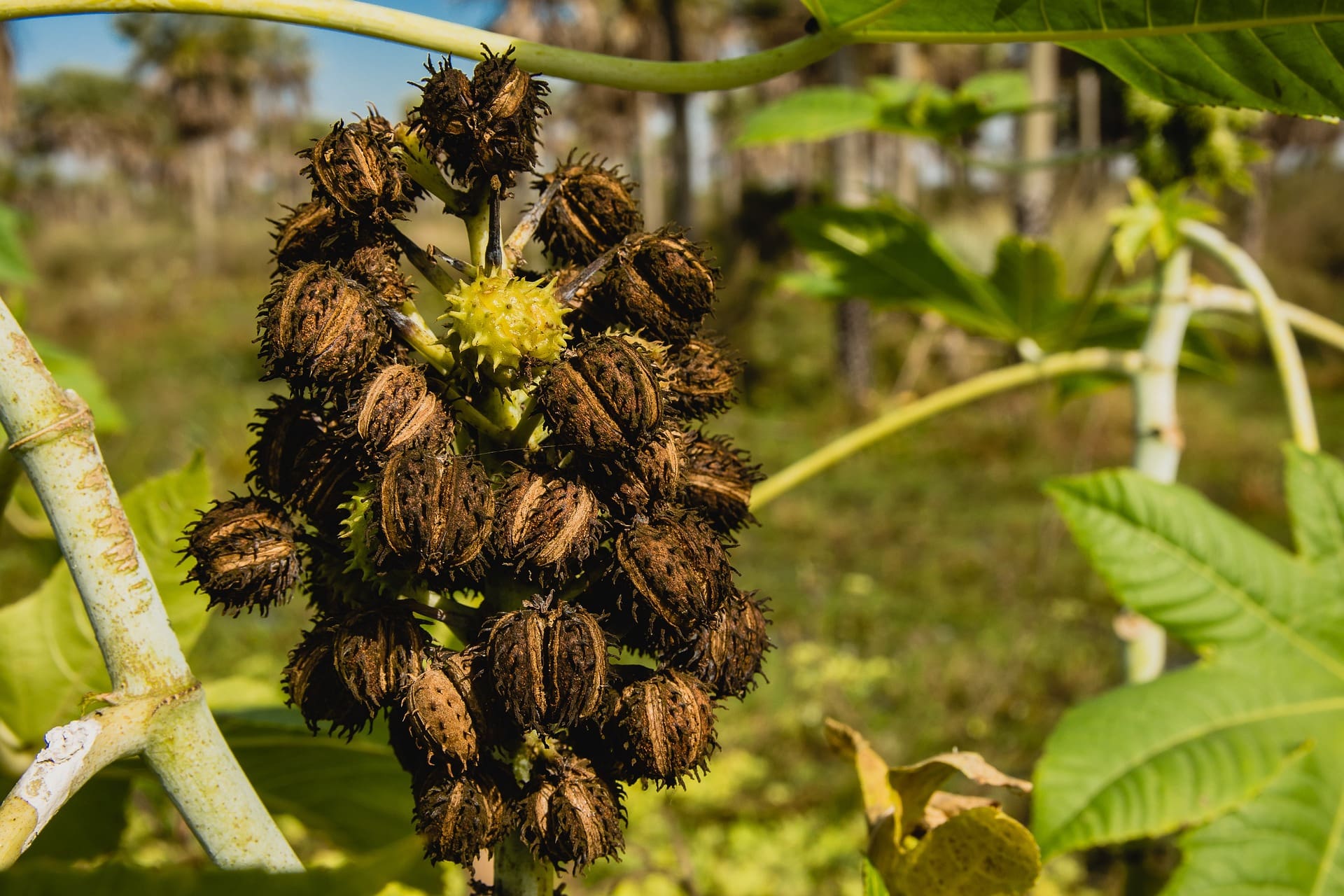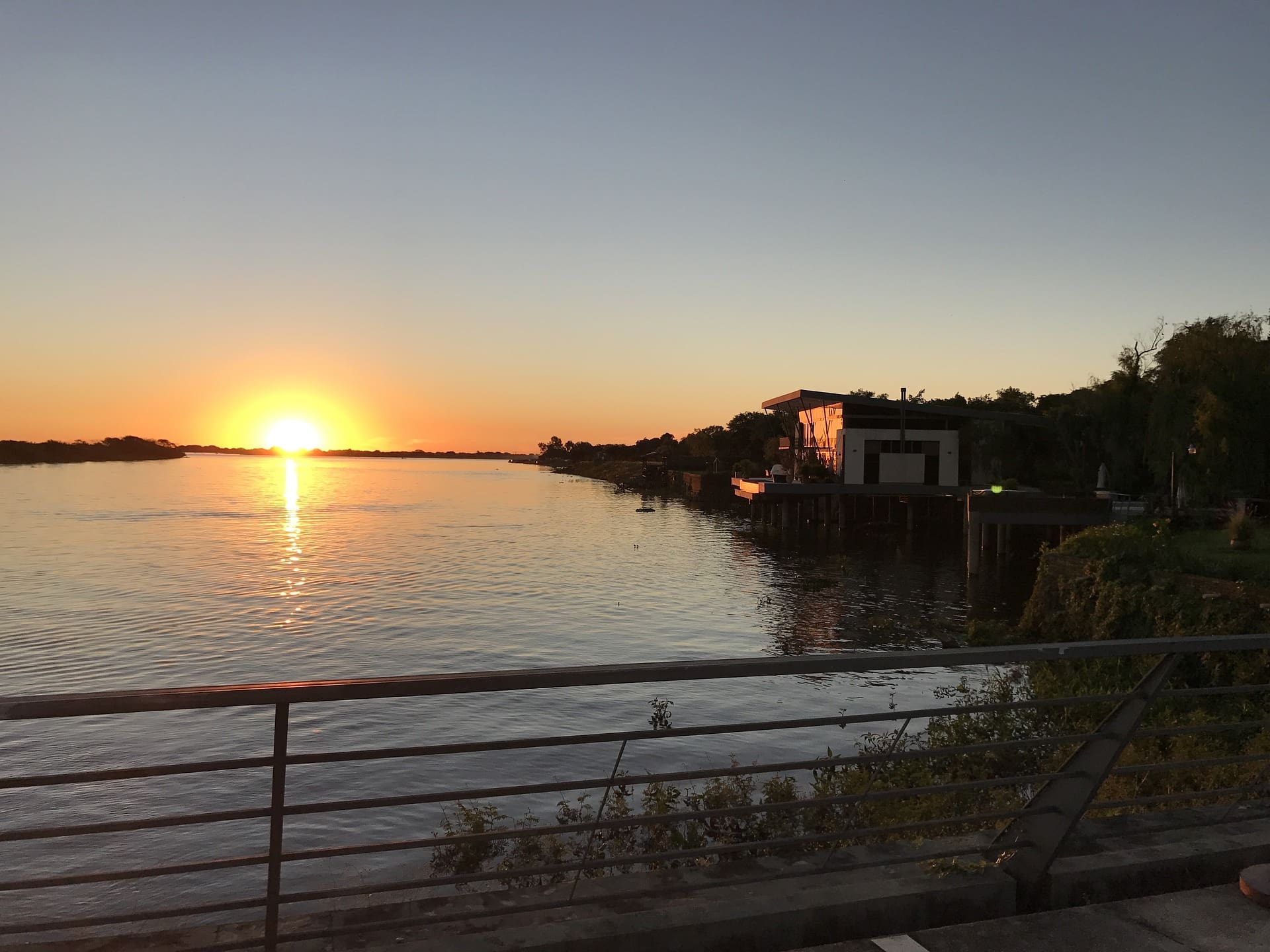Paraguay
landlocked, bilingual, guarani-speaking, diverse, itaipu
About Paraguay
Culture and Religion
Where to go
How to get there
Visa Requirements
Travelling Budget
About Paraguay
Paraguay, officially known as the Republic of Paraguay, is a South American country located in the central part of the continent. It is unique in several ways, making it an intriguing destination for both tourists and those interested in learning about different cultures.
One notable aspect of Paraguay is that it is a landlocked country, bordered by Argentina to the south and southwest, Brazil to the east and northeast, and Bolivia to the northwest. This geographical position has shaped the country’s history and culture, leading to a mix of influences from its neighboring countries.
The official languages of Paraguay are Spanish and Guarani, an indigenous language spoken by a significant portion of the population. This linguistic diversity adds to the rich cultural heritage of the country, with Guarani customs and traditions continuing to play an important role in daily life.
Paraguay is also known for its vast natural beauty, with stunning landscapes ranging from the subtropical region of the Gran Chaco to the scenic mountain ranges and rivers that are perfect for outdoor activities such as hiking and fishing.
The country’s economy is primarily based on agriculture, with Paraguay being one of the world’s largest exporters of soybeans and one of the top producers of beef. However, it is worth noting that Paraguay faces social and economic challenges, including income inequality and a significant portion of the population living in poverty.
Despite these challenges, Paraguay has a vibrant and resilient culture, with traditional music, dance, and crafts playing an essential role in local communities. The capital city, Asunción, offers a blend of modern and colonial architecture, along with numerous historical sites and museums that showcase the country’s rich history.
In conclusion, Paraguay is a landlocked South American country with a diverse culture, beautiful natural landscapes, and a rich agricultural heritage. Its unique blend of influences from neighboring countries and indigenous traditions makes it an enticing destination for those seeking an authentic cultural experience.
Culture and Religion
Paraguay has a rich and diverse cultural heritage that is influenced by a combination of indigenous traditions and the colonial history of the country. The majority of the population identifies as mestizo, a mix of indigenous and European ancestry, which has shaped the cultural practices and traditions.
One prominent aspect of Paraguayan culture is the preservation of indigenous traditions, particularly through the Guarani language. Guarani is recognized as an official language alongside Spanish and is widely spoken throughout the country. The Guarani people have a deep connection to their ancestral customs and beliefs, which are integrated into daily life, including ceremonies, music, and storytelling.
Religion also holds a significant place in Paraguayan culture. The dominant religion is Roman Catholicism, brought by Spanish colonizers during the colonization of the region. Catholicism has influenced many aspects of Paraguayan life, from religious celebrations and festivals to the architecture of churches and cathedrals found throughout the country.
Paraguayans have a strong sense of community and family values, which are reflected in their social interactions and traditional practices. They place great importance on hospitality, and gatherings with family and friends often involve sharing meals, music, and traditional dances like the Polka Paraguaya and the Guarania.
The arts and traditional crafts also play a vital role in Paraguay’s culture. The country is known for its skilled artisans who create beautiful crafts such as ñanduti lace, filigree silverwork, and embroidered textiles. These artistic traditions are passed down through generations and represent a strong cultural identity.
In conclusion, Paraguayan culture is a vibrant and dynamic fusion of indigenous traditions and Spanish colonial influences. The preservation of Guarani language, the practice of Catholicism, and the emphasis on family and community values are just some of the elements that shape the cultural fabric of Paraguay. The arts and crafts further reflect the cultural richness and creativity of the country, making it a fascinating destination for those seeking to explore and understand its diverse heritage.
Where to go

Asunción
Explore the capital city of Paraguay, Asunción, known for its mix of colonial and modern architecture. Visit historical landmarks like the Palacio de los López, the seat of the government, and the Panteón Nacional de los Héroes, a mausoleum honoring national heroes. Don’t miss out on experiencing the vibrant local markets and trying traditional Paraguayan cuisine.
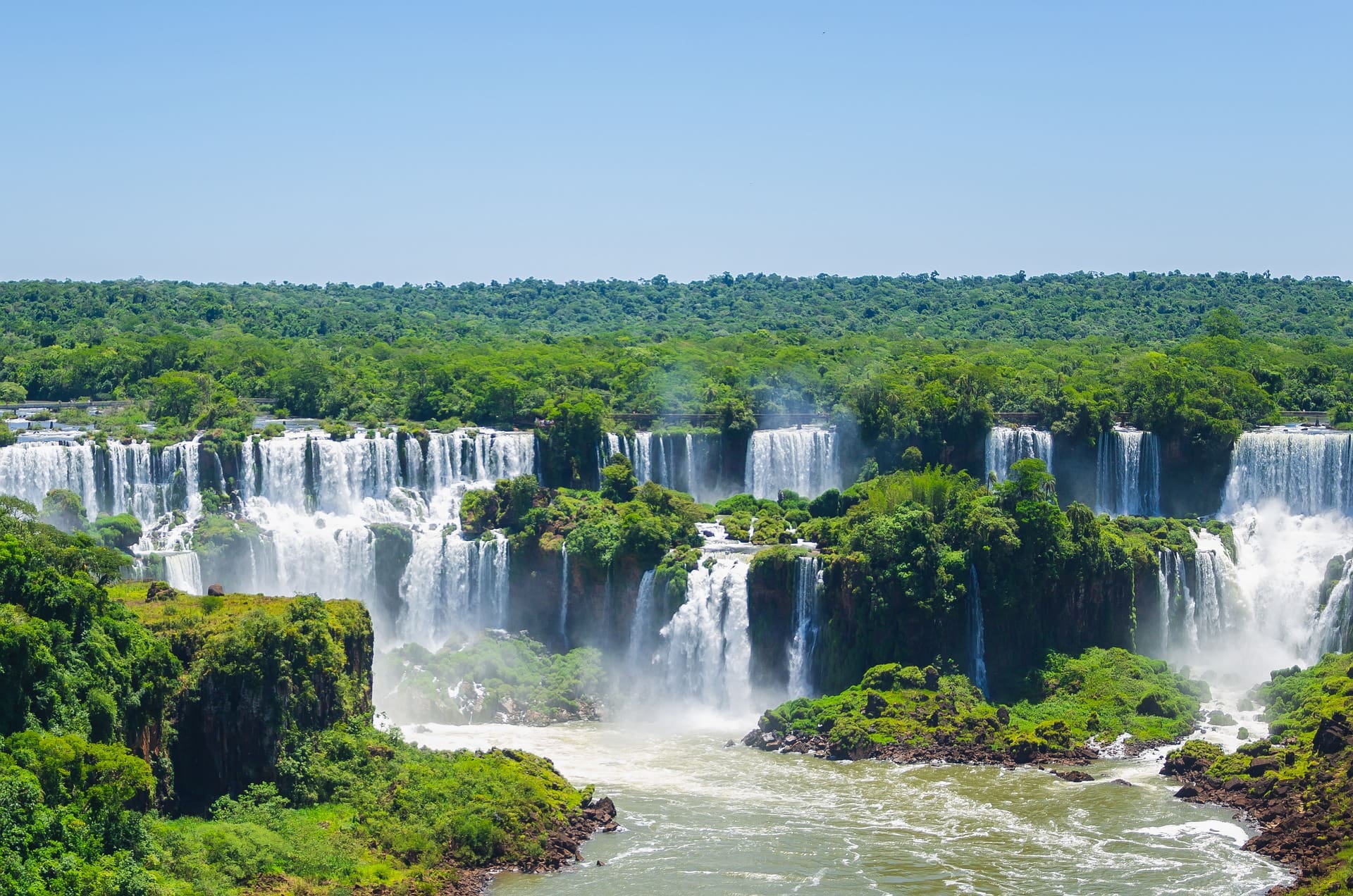
Iguazu Falls
Located on the border between Paraguay, Brazil, and Argentina, the awe-inspiring Iguazu Falls is a must-see natural wonder. Marvel at the power and beauty of these massive waterfalls, which are surrounded by lush rainforest. Take a boat ride or hike along the trails to get up close and personal with the falls.

Jesuit Ruins
Discover the UNESCO World Heritage-listed Jesuit Missions, a collection of archaeological sites that showcase the remains of former Jesuit settlements. These ruins, located in Trinidad and Jesus, offer insights into the history and influences of the Jesuit missionaries in Paraguay.
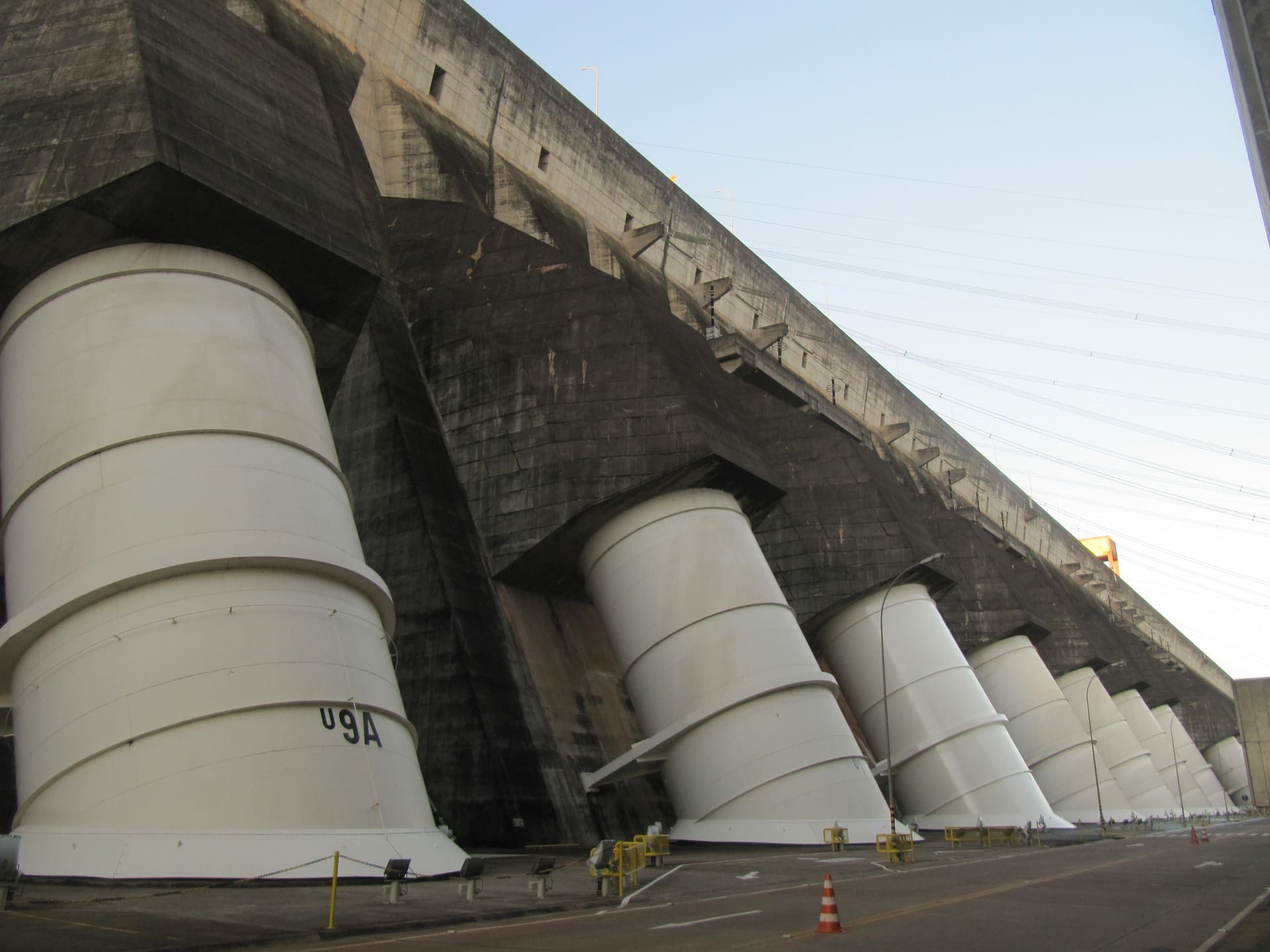
Itaipu Dam
Visit the Itaipu Dam, one of the world’s largest hydroelectric power plants, located on the Paraná River bordering Paraguay and Brazil. Take a guided tour to learn about the engineering marvels of this impressive structure and witness the sheer scale of its operations.
Note: These highlights offer a glimpse into the natural, historical, and cultural treasures of Paraguay, providing a well-rounded experience for travelers seeking to explore this fascinating South American country.
How to get there
Getting to Paraguay involves a combination of air and land transportation due to its landlocked location. The primary point of entry is Silvio Pettirossi International Airport in Asunción, the capital city. Many international airlines offer flights to Paraguay, with connections available from major cities worldwide. Travelers can book direct flights or choose connecting flights through regional hubs in South America, such as São Paulo, Buenos Aires, or Lima.
Once in Paraguay, there are various transportation options available. Domestic flights connect Asunción to other cities within the country, providing a convenient way to explore different regions. The national bus network is extensive and offers an affordable means of traveling around Paraguay, with frequent services and routes connecting major cities and towns.
In addition to buses, taxis and car rentals are also available for convenient transportation within cities or for visiting nearby attractions. It’s important to note that while road transportation is generally accessible and reliable, infrastructure might be less developed in certain rural areas.
Another popular option for reaching Paraguay is traveling by land. Neighboring countries such as Argentina, Brazil, and Bolivia have land borders with Paraguay. Buses and trains provide convenient cross-border connections, allowing travelers to explore multiple countries in a single trip.
Overall, getting to Paraguay involves flying into Asunción and then utilizing a combination of domestic flights, buses, taxis, or car rentals to reach desired destinations within the country. Considering the various transportation options available, travelers can choose the most suitable and convenient means of reaching Paraguay based on their preferences and itineraries.
Visa Requirements
Visa requirements for Paraguay vary depending on the traveler’s nationality. While some countries have visa exemption agreements with Paraguay, others require a visa for entry. Here is an overview of the visa requirements for different types of travelers:
Tourist Visa: Citizens of select countries, including most European Union nations, the United States, Canada, Australia, and many South American countries, are allowed to enter Paraguay for tourism purposes without a visa. These travelers are typically granted a 90-day stay upon arrival. It’s important to note that the duration of stay and visa exemption agreements may vary, so it’s wise to check the specific requirements for your nationality before traveling.
Business Visa: Travelers visiting Paraguay for business purposes, such as attending conferences, meetings, or signing contracts, generally need a business visa. The requirements for a business visa are similar to those of a tourist visa, and some documentation, such as an invitation letter from a Paraguayan company or organization, might be required.
Work Visa: In order to work in Paraguay, a work visa is required. The process for obtaining a work visa usually involves sponsorship from an employer in Paraguay.
It’s essential to consult with the Paraguayan embassy or consulate in your home country or check the official Paraguayan government website to confirm current visa requirements and procedures specific to your nationality. Additionally, travelers may need to provide proof of a valid passport, sufficient funds to cover their stay, and proof of onward travel when arriving in Paraguay.

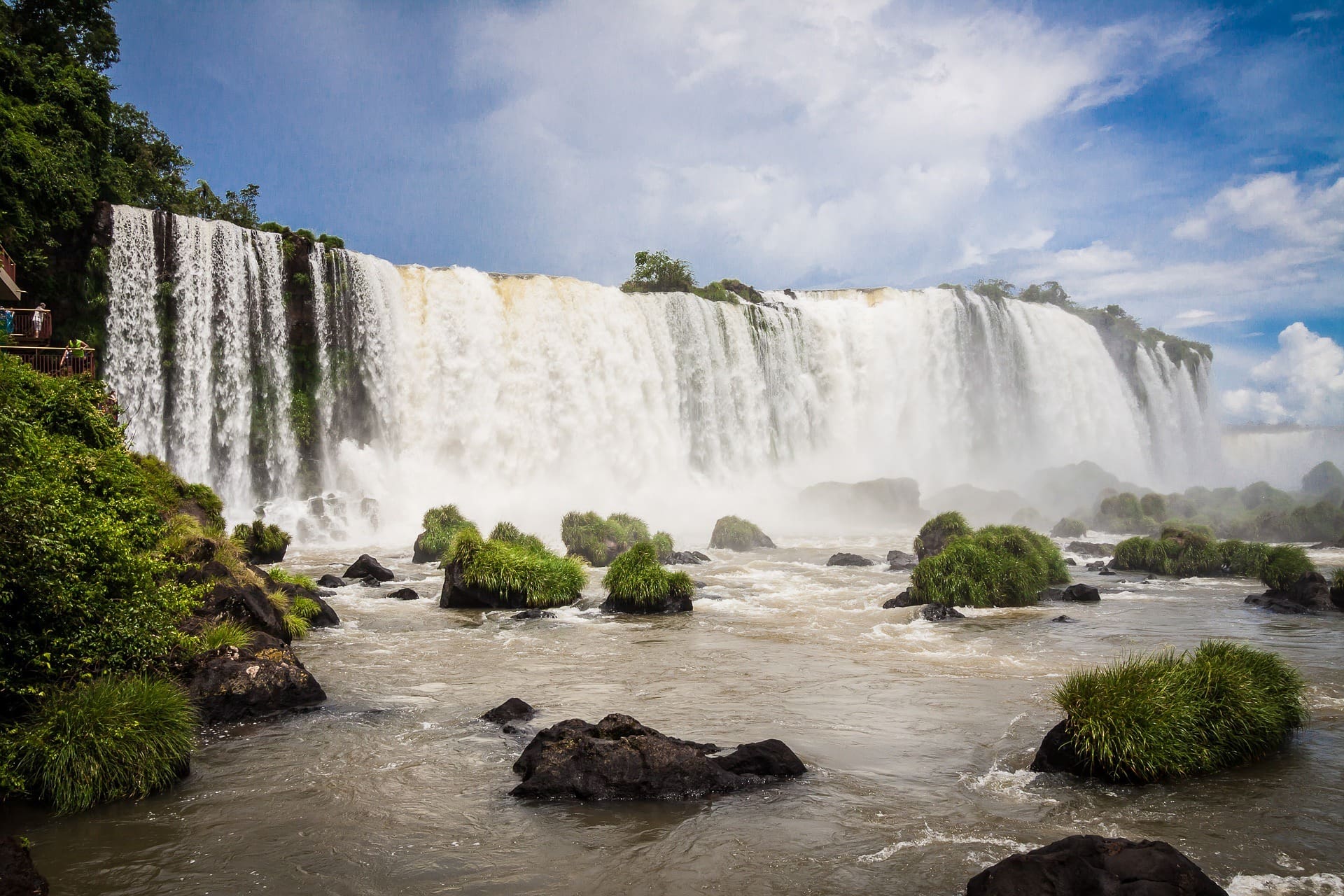
Travelling Budget
The cost of traveling to Paraguay can vary depending on individual preferences, travel style, and the duration of the trip. Paraguay is generally considered a relatively affordable destination compared to some other South American countries. Here is a breakdown of the basic expenses to consider when creating a travel budget for Paraguay:
Accommodation: The cost of accommodation in Paraguay can vary depending on the type of lodging and location. Budget options such as hostels and guesthouses can range from $10 to $30 per night. Mid-range hotels and boutique accommodations typically range from $40 to $100 per night, while luxury hotels can cost upwards of $100 per night.
Transportation: Paraguay has an extensive and affordable bus network, making it a cost-effective option for getting around the country. Local bus tickets within cities generally cost around $0.50 to $1 per ride, while longer intercity bus journeys can range from $5 to $20 depending on the distance. Taxis are another option, with average fares starting at around $3 for short trips.
Food: Paraguay offers a range of affordable dining options. In local restaurants and markets, traditional Paraguayan dishes can cost around $5 to $10 per meal. International cuisine and upscale dining establishments may have higher prices, ranging from $10 to $30 per meal.
Activities: There are numerous affordable or free activities in Paraguay, such as exploring national parks, visiting museums, or attending cultural events. Entrance fees to tourist attractions can vary, ranging from $5 to $20 per person.
Overall, a daily budget for a budget-conscious traveler in Paraguay can range from $30 to $50, covering accommodation, food, transportation, and some activities. However, it’s essential to consider personal preferences and factor in additional expenses such as souvenirs, nightlife, and optional tours when creating a specific travel budget.
What makes your journey easier
Everything you need to know about what to bring to make your travels easier, more safe and fun
Be Mindfull
Gadgets
Gear
Insurance
Visa


